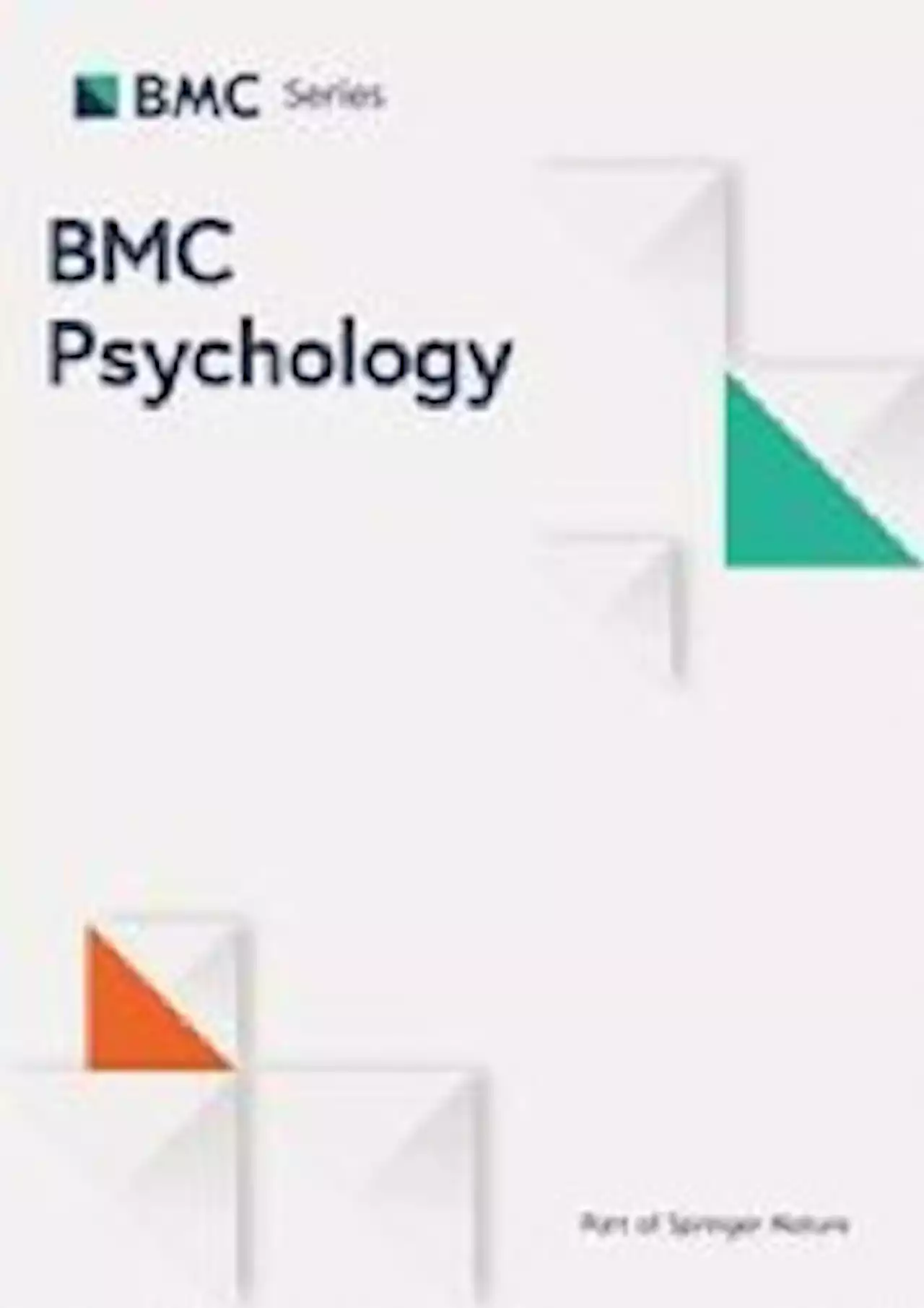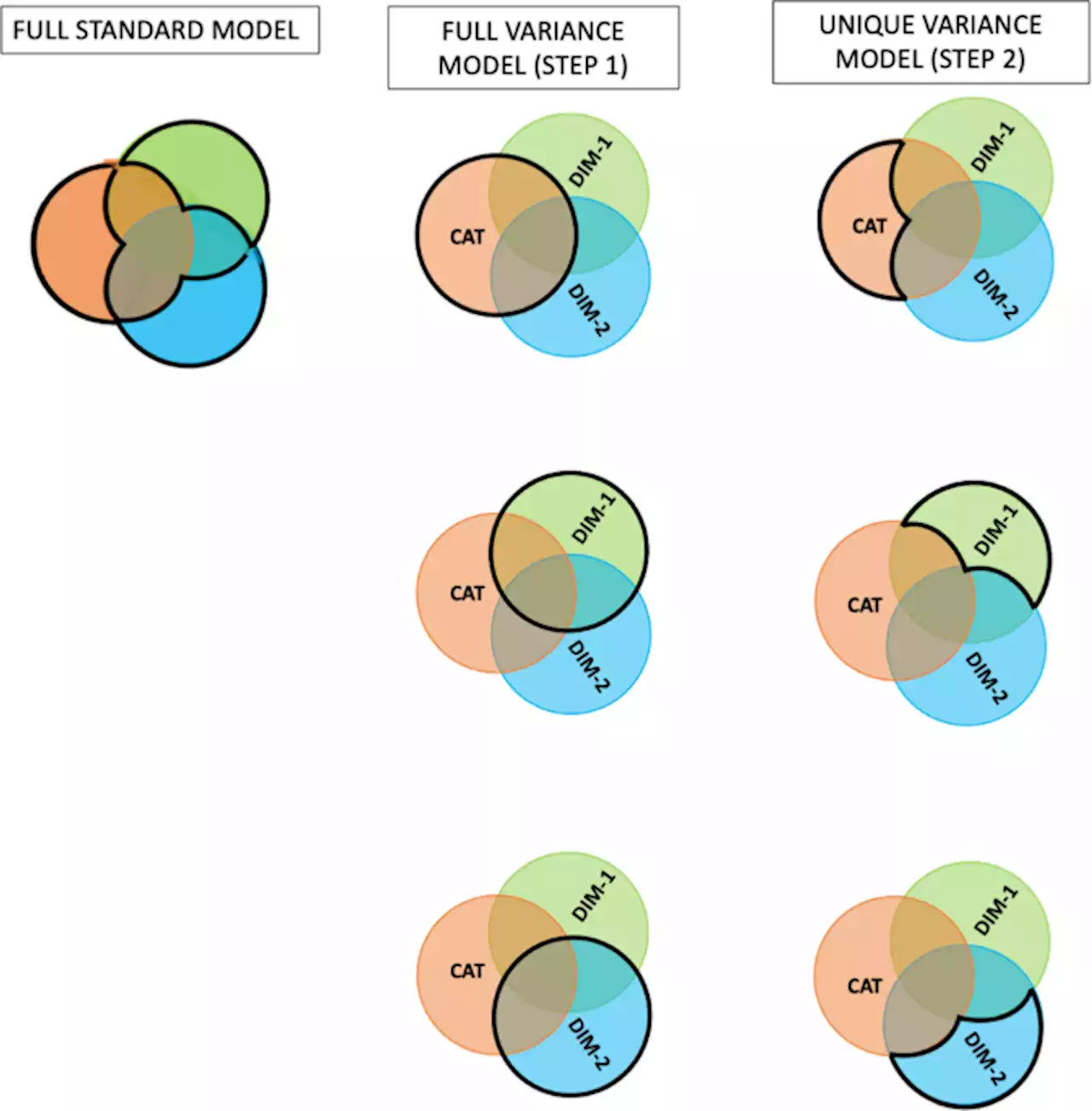Almost 20 million older Americans live with sight-robbing macular degeneration
What was the prevalence of early- and late-stage age-related macular degeneration in the US nationally, and by county and state in 2019?In this study, we estimated that 18.34 million individuals in the US 40 years and older were living with early-stage AMD and 1.49 million were living with late-stage AMD in 2019.
We included data from the American Community Survey , the National Health and Nutrition Examination Survey , US Centers for Medicare & Medicaid Services claims for fee-for-service beneficiaries , and population-based studies .We included all relevant data from the US Centers for Disease Control and Prevention’s Vision and Eye Health Surveillance System.
Australia Latest News, Australia Headlines
Similar News:You can also read news stories similar to this one that we have collected from other news sources.
 Summarising data and factors associated with COVID-19 related conspiracy theories in the first year of the pandemic: a systematic review and narrative synthesis - BMC PsychologyConspiracy theories can have particularly harmful effects by negatively shaping health-related behaviours. A significant number of COVID-19 specific conspiracy theories emerged in the immediate aftermath of the pandemic outbreak. The aim of this study was to systematically review the literature on conspiracy theories related to COVID-19 during the first year of the pandemic (2020), to identify their prevalence, their determinants and their public health consequences. A comprehensive literature search was carried out in PubMed and PsycINFO to detect all studies examining any conspiracy theory related to COVID-19 between January 1st 2020, and January 10th 2021. Forty-three studies were included with a total of 61,809 participants. Between 0.4 and 82.7% of participants agreed with at least one conspiracy belief. Certain sociodemographic factors (young age, female gender, being non-white, lower socioeconomic status), psychological aspects (pessimism, blaming others, anger) and other qualities (political conservatism, religiosity, mistrust in science and using social media as source of information) were associated with increased acceptance of conspiracy theories. Conspiracy beliefs led to harmful health-related behaviours and posed a serious public health threat. Large-scale collaborations between governments and healthcare organizations are needed to curb the spread of conspiracy theories and their adverse consequences.
Summarising data and factors associated with COVID-19 related conspiracy theories in the first year of the pandemic: a systematic review and narrative synthesis - BMC PsychologyConspiracy theories can have particularly harmful effects by negatively shaping health-related behaviours. A significant number of COVID-19 specific conspiracy theories emerged in the immediate aftermath of the pandemic outbreak. The aim of this study was to systematically review the literature on conspiracy theories related to COVID-19 during the first year of the pandemic (2020), to identify their prevalence, their determinants and their public health consequences. A comprehensive literature search was carried out in PubMed and PsycINFO to detect all studies examining any conspiracy theory related to COVID-19 between January 1st 2020, and January 10th 2021. Forty-three studies were included with a total of 61,809 participants. Between 0.4 and 82.7% of participants agreed with at least one conspiracy belief. Certain sociodemographic factors (young age, female gender, being non-white, lower socioeconomic status), psychological aspects (pessimism, blaming others, anger) and other qualities (political conservatism, religiosity, mistrust in science and using social media as source of information) were associated with increased acceptance of conspiracy theories. Conspiracy beliefs led to harmful health-related behaviours and posed a serious public health threat. Large-scale collaborations between governments and healthcare organizations are needed to curb the spread of conspiracy theories and their adverse consequences.
Read more »
 King Charles 'told me he's related to Dracula,' says Hollywood starBeauty and The Beast actor Luke Evans has recalled an interesting conversation he had with King Charles III where the then-Prince of Wales said he was 'related to Dracula'
King Charles 'told me he's related to Dracula,' says Hollywood starBeauty and The Beast actor Luke Evans has recalled an interesting conversation he had with King Charles III where the then-Prince of Wales said he was 'related to Dracula'
Read more »
 It turns out King Charles is related to Vlad the Impaler, says Luke EvansWho would've thought, eh? The Royals have an extensive family tree, but it turns out they’re also related to the real-life royal who inspired the character of Dracula. Oh and the actor Luke Evans too.
It turns out King Charles is related to Vlad the Impaler, says Luke EvansWho would've thought, eh? The Royals have an extensive family tree, but it turns out they’re also related to the real-life royal who inspired the character of Dracula. Oh and the actor Luke Evans too.
Read more »
 The long-term impact of COVID-19 severity on health-related quality of lifeA recent study conducted on the residents of Amsterdam, the Netherlands, describes that people with mild COVID-19 experience better health-related quality of life after one year of disease onset than those with moderate or severe COVID-19.
The long-term impact of COVID-19 severity on health-related quality of lifeA recent study conducted on the residents of Amsterdam, the Netherlands, describes that people with mild COVID-19 experience better health-related quality of life after one year of disease onset than those with moderate or severe COVID-19.
Read more »
 Deconstructing dissociation: a triple network model of trauma-related dissociation and its subtypes - NeuropsychopharmacologyNeuropsychopharmacology - Deconstructing dissociation: a triple network model of trauma-related dissociation and its subtypes
Deconstructing dissociation: a triple network model of trauma-related dissociation and its subtypes - NeuropsychopharmacologyNeuropsychopharmacology - Deconstructing dissociation: a triple network model of trauma-related dissociation and its subtypes
Read more »